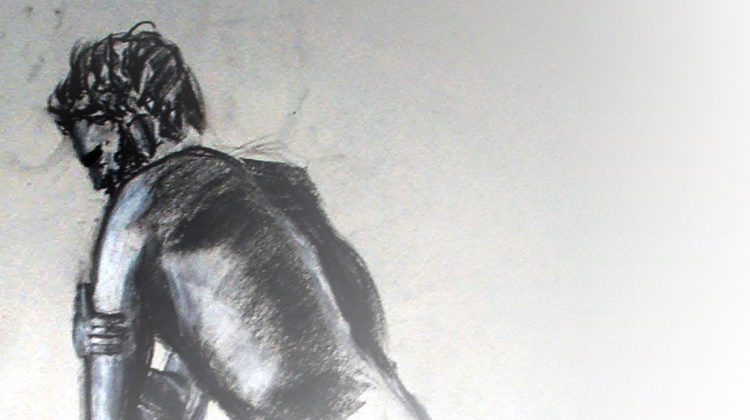
Take two high school students. One says he’s going to be the next Derek Jeter. The other says she’s going to be the next J.K. Rowling. Who has the better chance at succeeding?
I would say neither. Both are dreaming at almost impossible odds.
Your odds at becoming successful in sports are remarkably similar to your odds at becoming successful in writing books.
Warning before I proceed: I’m about to do some bad math and number fudging. I got poor grades in college statistics class, but what follows gets to a larger point.
Let’s look at your chances at becoming the next Derek Jeter. There are about 36 million high school and college students in America at any given time. Of course, not all of these students want to play baseball. Of the 36 million students of “baseball prospect” age, about 520,000 are male baseball players (source 1, source 2)… about 1.4%. Each year, 1,200 of those high school and college students are drafted by Major League Baseball (MLB) teams… about 0.2% of amateur baseball players. Of those drafted, only about 158 of them will sign a contract and eventually make it to the MLB… about 13%. Of MLB players, only about 80 out of 1,200 are selected as “All-Stars” each year… about 6.7%. Of the MLB all-stars, only about 18 of them will eventually be inducted into baseball’s Hall of Fame… about 23%. Baseball’s Hall of Fame is basically that “Derek Jeter” status that baseball players aspire to. Those are the players who made it, became famous, and made the big bucks. Only about five players (on a good year) are elected to the MLB Hall of Fame each year. That means an amateur baseball player has roughly a 0.001% chance of “becoming the next Derek Jeter”!
Now let’s look at this through the lens of an author. Accurate publishing numbers are much harder to come by, so I’m going to have to do a lot of educated guessing. Getting to “J.K. Rowling” caliber is roughly the same as getting to “Hall of Fame” caliber in a sport like baseball. You have the same number of high school and college students. I would guess that you also have roughly the same number of “serious writers” as serious baseball players in the group. Let’s say there are about 520,000 serious writers querying publishers each year… that sounds about right. Getting a publishing contract is roughly equivalent to getting drafted by an MLB team, but of the two, I think getting the publishing contract is much easier (about 50,000 new titles are published traditionally each year, versus 1,000 new pro baseball contracts). I heard somewhere (I think from Joanna Penn) that half of the books sold by traditional publishers never break even, and another place estimates that 99% of books (including self-published books) are never profitable. So I think it’s safe to assume that only about 20% of authors would make it to the major league level in publishing (meaning, they are actually making any money at all)… which is about 10,000 authors, which is still much higher chances than a baseball player has. It gets much trickier from here. You can argue that hitting #1 on a major bestseller list is equivalent of making the MLB all-star game. Wikipedia says about 25 fiction titles hit #1 each year, so I’m guessing about 80 books overall reach #1 on any major bestseller list each year. Then comes “Hall of Fame” status. It’s very subjective, so I’ll just guess it’s about the same as an author becoming “famous.” I’ll say about five new authors become famous each year, just like in baseball.
In conclusion, I’d guess that you have about a 50 times better chance of getting a book contract than a professional sports contract, so in that sense, it’s much easier to become a profitable author than a profitable professional sports player. However, “profitable” does not mean “enough to make a living” or even “sustainable.” I still have a hunch that your chances of making a living as an author are similar to your chances of making a living as a professional sports player. And it’s lonely at the top. Your chances of reaching the “Derek Jeter” or “J.K. Rowling” level of fame and fortune are similar between publishing and sports.
However, slim chances does not mean impossible. As with any skill, simply showing up and practicing your skill every day no matter what puts you in the top 1%. If you can do this for ten or twenty years, your chances of at least reaching the major league level in writing or in sports increases significantly.
Before I finish, I do want to point out another major difference between authors and sports players. Your profitability potential as a sports player decreases as you age, whereas your profitability potential as an author increases as you age. Something to think about.
Leave a Reply